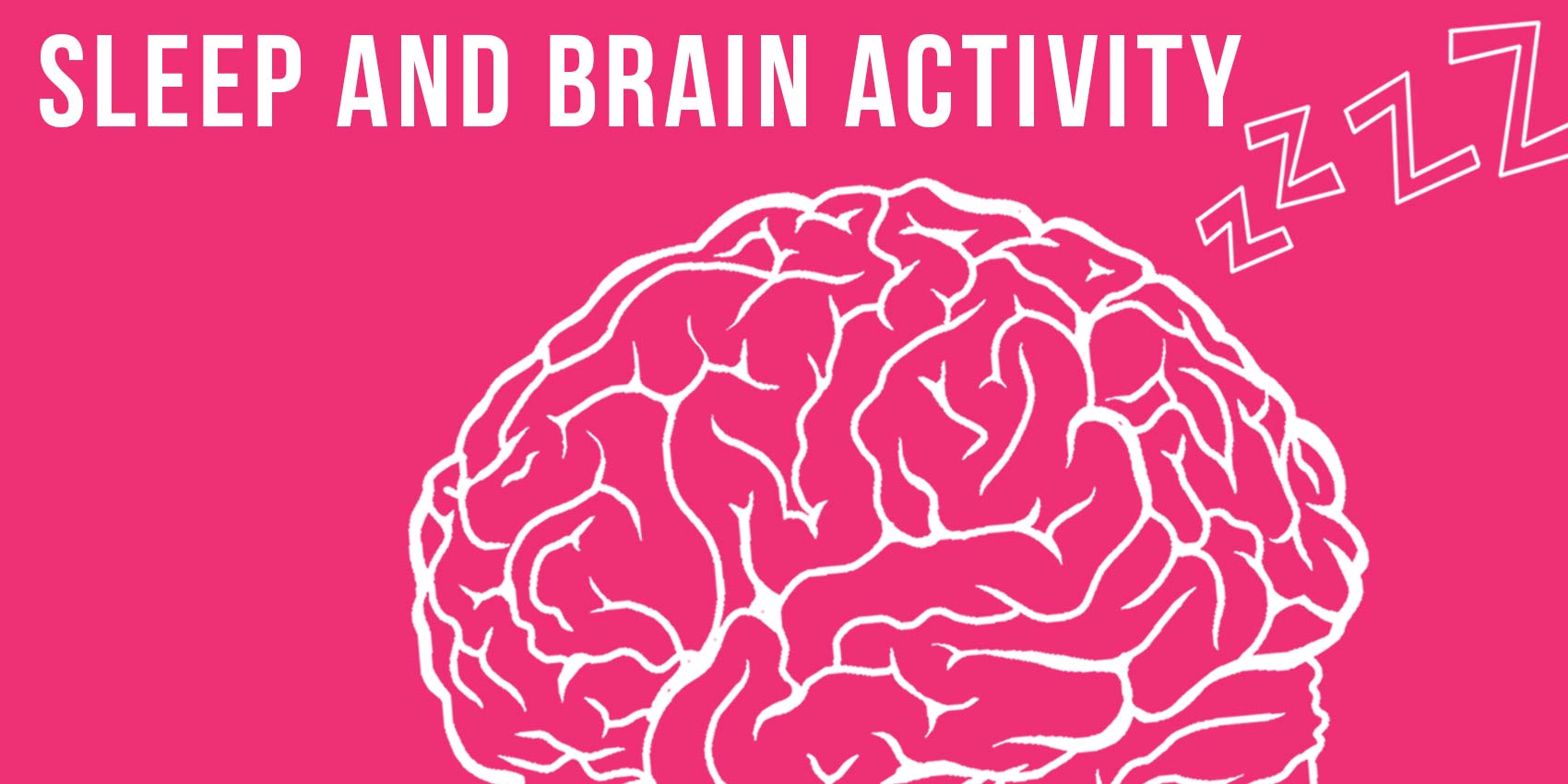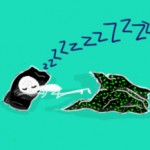09 Dec Sleep and brain activity

We all have a “biological clock,” except that the real name is more challenging and less memorable: suprachiasmatic nucleus or SCN.
Your SCN is located deep in your brain and governs the functions that are in sync with your sleep/wake cycle, including body temperature, hormone secretion, urine production and changes in blood pressure (who knew that was all being done during your sleep???). The SCD, your biological clock, also controls your circadian rhythm. Your circadian rhythm is not your new dance partner. It is a series of physical and biological happenings in your body that function without you really paying attention to it and it all happens in a near perfect 24 hour period or rhythm.

DID YOU KNOW? Your biological clock is so tuned into the day and night time that people who work the night shift suffer from the stress they place on their SCN to work at night. According to the National Institute of Neurological Disorders and Stroke, “Shift workers have an increased risk of heart problems, digestive disturbances, and emotional and mental problems, all of which may be related to their sleeping problems. The number and severity of workplace accidents also tend to increase during the night shift.”
One thing that affects your sleep cycle is the production of melatonin. Melatonin is a hormone secreted by the pineal gland located in the brain. Its primary job is to regulate sleep and wake cycles. During the day the pineal gland is inactive so you can be active. But when the sun goes down and darkness occurs, the pineal gland is activated and begins to produce melatonin and releases it into the blood. Melatonin makes you feel sleepy.
Now here’s something REALLY interesting and directly related to YOU: as you hit puberty and enter the teen years, your body starts to release melatonin LATER in the day/evening. This means you naturally don’t get tired until later at night, which is why most teens find falling asleep before 10 pm really difficult and also why waking up early (say for, like, school!) really challenging.

Ohhhh, that makes sense! That’s why I sleep until like 10 am on weekends!
Just 10? I’m lucky if I get up for lunch.

Yes, your body is just hormonally really not ready to function at the insane hour many teens have to get up to get to school—making concentration in early morning classes tough. Proper sleep is required for proper cognitive, emotional and physical activities. For kids up to 12 years old that’s 9-12 of sleep a night, for 13-18 year olds that’s 8-10 hours of uninterrupted sleep.
(Source: https://www.cdc.gov/features/students-sleep/index.html)

DID YOU KNOW? A study conducted by the University of Minnesota found that grades, test scores and overall performance in core subjects improved with later start times.




Post Question:
How much sleep did you get last night? How do you know it was enough sleep for you?
Answer the post question here
What's being said